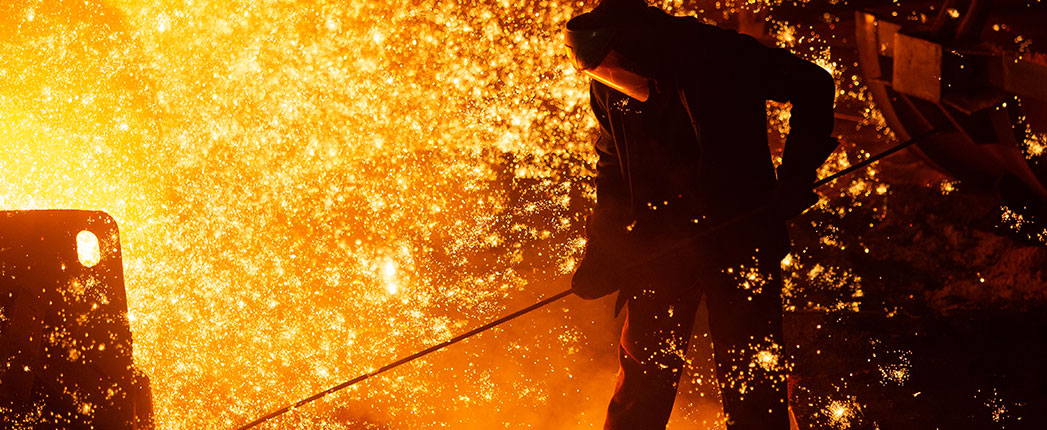
Lukoil’s LLK International and Total’s subsidiary in Russia both suffered setbacks due to the country’s COVID-19 lockdown earlier this year, but both are now clawing their way back to pre-pandemic sales levels.
Total has reopened a blending plant in Kaluga that was temporarily idled during the second quarter, while LLK is leaning harder on online sales.
Both companies told Lube Report the past week that contingency plans helped them cope with Russia’s economic lockdown and that sales are now rising again.
Russian authorities tried to contain the coronavirus through much the same means as many other countries, by declaring a countrywide business lockdown from March 28 until May 11, except in Moscow, where it lasted until June 8. During that time, traffic and business activities decreased significantly.
Organizations adjusted by directing many office workers to operate from home and by pushing much business activity – including sales – to online.
LLK and Total’s subsidiary in Russia, Total Vostok, both said claimed they weathered the crisis in part because they both offer a wide range of products.
“Our online sales increased by 20% [during the pandemic time and onwards],” said Kirill Vereta, head of LLK International “Notwithstanding the general decline in activities, the demand for our industrial oils continued as usual, [driven] by the metallurgy, mining and other sectors, throughout the first half of 2020.”
LLK and Total Vostok both said their businesses began recovering in July.
LLK, Russia’s largest lube marketer, operates three blending plants in the country, one in Tyumen and two at its refineries in Volgograd and Perm. Total has a plant in Vorsino, Kaluga oblast, that it opened in 2018.
Total closed the plant during the second quarter in accord with measures that curtailed business in order to contain the spread of the coronavirus, but it reopened the facility at the beginning of July after the lockdown period ended.
Both companies supply lubricants to automobile factories, which struggled around the world during the second quarter due to sharp drops in vehicle sales. LLK supplies factory fill lubes to Lada, the largest Russian automaker, and a host of other international automakers that operate in the country, such as the United States’ Ford Motor Co. and China’s Geely. Total sells factory fill lubricants in Russia for the South Korean Kia and Hyundai Trucks brands, Russia’s Kamaz, China’s Haval, Ford Trucks and Iveco, a Swedish truck maker.
Looking to the future, LLK and Total Vostok said their businesses are not threatened by the rapid uptick in EVs that is occurring in the West. Neither company expects a rise of e-mobility in Russia, nor, as a result, an accompanying decline in the lubricants demand in the country.
Around 6,300 electric cars are registered in the country at the moment, accounting for only about .01 percent of Russia’s total vehicle park, according to Autostat consultancy.